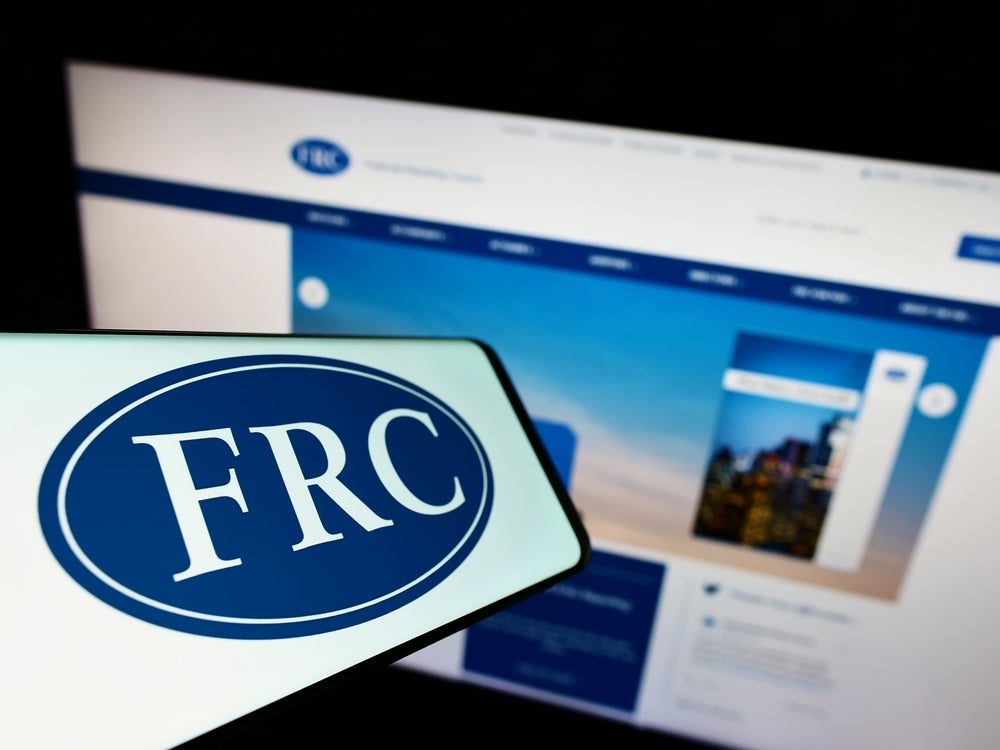
The Independent Regulatory Board for Auditors (IRBA) has released two annual reviews covering outcomes in the 2023 year for public consumption. These reports are of particular importance as reference material for those charged with governance (TCWG).
The 2023 Audit Quality Indicators (AQIs) Survey Report, summarises and covers the information for engagements that were completed during the 2022 calendar year of the ten audit firms participating in this survey. This report is intended as a tool of engagement between shareholders, audit committees and audit firms to establish audit firm commitment to audit quality.
Commenting on this, IRBA CEO, Imre Nagy, said: “To some degree, the 2023 AQI report reflects on a year that has shown progress in the auditing profession in South Africa. In fact, our observations indicate that in relation to the relevant quality indicators, firms have stayed on course in their commitment to transparency and continuous improvement.”
The second report, the 2023 Public Inspections Report on Audit Quality, covers the outcomes of firm-wide and engagement inspections performed for the financial year 2023, which offers valuable observations on audit quality in South Africa and the identified audit quality deficiency themes at firm-wide and audit engagement level.
The IRBA issued 22 firm reports; five of which related to firm-wide inspections. Regarding the other 17, firm-wide inspections were not performed, but deficiencies at the engagement level were elevated to the firm level report.
Nagy further said: “Of the five firm-wide inspections performed in the 2023 financial year, the inspections outcomes at two firms required no further action, meaning that we did not identify reportable deficiencies in their systems of quality management, one firm required significant improvement and two firms were referred for investigation as result of the significance of the deficiencies in audit quality identified.
How well do you really know your competitors?
Access the most comprehensive Company Profiles on the market, powered by GlobalData. Save hours of research. Gain competitive edge.

Thank you!
Your download email will arrive shortly
Not ready to buy yet? Download a free sample
We are confident about the unique quality of our Company Profiles. However, we want you to make the most beneficial decision for your business, so we offer a free sample that you can download by submitting the below form
By GlobalData“The firm-level findings mostly point to the inadequate implementation of policies and procedures designed to promote an internal culture that recognises quality as essential when performing assurance engagements at the firms. They also indicate inadequate remediation, as most of the referrals for investigation at the firm level have been as a result of the significance of deficiencies in audit quality identified on engagement files inspected.”
He continued: “Audit quality remains at the centre of our strategy and is critical in restoring confidence in our profession. Our efforts to achieve this contribute towards reducing the risk of possible audit failures that could further taint the profession’s reputation.
“We recognise that audit failures are very seldom caused by auditors and that investors and users of financial statements continue to place significant reliance on the work of audit professionals. However, we cannot ignore the devastating impact that even a single audit failure on a public interest entity (PIE) can have on investors, the public, the audit firm, the reputation of the registered auditor brand and our profession. Public trust in the auditing profession is essential for the functioning of capital markets and the broader economy.”
During the 2022/2023 inspection period, the IRBA continued with its commitment to fostering excellence in the auditing profession by further refining the inspection methodologies and embracing advancements in technology, to enhance the effectiveness and efficiency of its processes.
Worth noting is that during this period, 93% (358) of listed entities were audited by ten of the larger audit firms/networks of firms in South Africa. Nine of these ten larger audit firms/networks were subject to inspections during 2023, either in the form of full firm level inspections and/or engagement file inspections.
On engagement inspections outcomes, there has been a 5 percent decrease in the outcome for referral for investigation, which has contributed to the decrease in firm-level referrals on specific matters such as independence breaches. Further, the report notes a significant decrease in the number of findings relating to the relevant ethical requirements element of ISQC 1 (from 46% in 2022 to 25% in 2023), specifically regarding matters affecting the independence of the audit firm and its auditors.
Nagy added: “This result speaks to the IRBA’s focus on ethics, integrity, public interest and audit quality in recent years, our communication and market approach has been centred around these topics. I must stress that a firm’s commitment to improving audit quality through its internal monitoring process is also essential to achieving consistent high audit quality.”
The 2023 AQI Report shows that for most firms the internal monitoring outcomes are significantly different to that of the IRBA’s inspections outcomes.
Nagy concluded: “Through our Proactive Remediation initiative the IRBA expects that prompt remediation will occur at an individual auditor level, with the aim that such intervention will then influence audit quality at a firm-wide level. This requires a shift in the firm’s approach from monitoring audit quality from a risk exposure point of view to a focus on proactively improving audit quality. We will continue with this initiative into the 9th Inspections cycle and monitoring its effectiveness in improving audit quality.”






